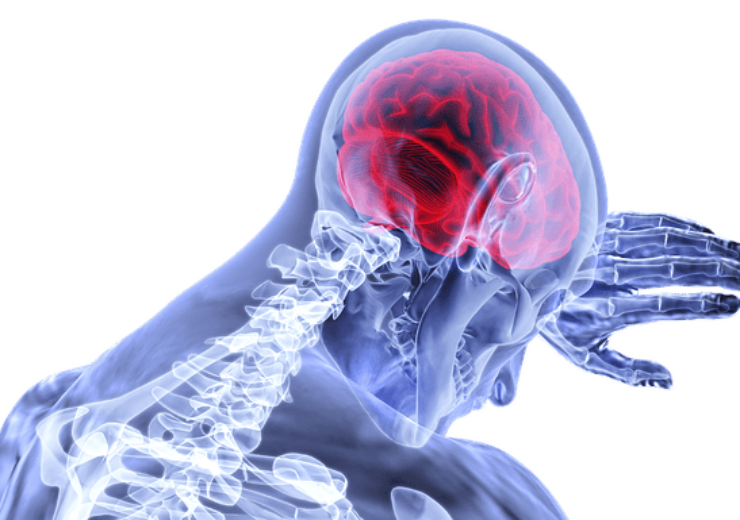The new therapy interacts with the nerves responsible for constriction of brain arteries, a common complication after haemorrhagic stroke

Wyss Centre collaborates with Artiria Medical. (Credit: VSRao from Pixabay.)
The Wyss Center and Artiria Medical entered into collaboration to advance the translation of a potential novel technology for the treatment of stroke patients.
The collaboration builds on the existing endovascular platform established by the Swiss medical device startup.
Artiria Medical is focused on disruptive neurovascular products, and has been developing the novel technology for stroke therapy.
The new-generation technology is based on a biocompatible expandable system, and facilitates safe delivery of electrical energy into the targeted arteries.
Artiria Medical CEO Guillaume Petit-Pierre said: “There is currently no truly effective solution that can treat cerebral vasospasm following hemorrhagic stroke, yet we know this is a leading cause of disability and death.
“We believe our technology has the potential to bring a new standard of care to patients and dramatically improve quality of life after stroke. Now, with the Wyss Center as our partner, we aim to have the technology ready for human trials as fast as possible.”
Stroke is the third leading cause of disability worldwide, which results in long-term impairments, and may also lead to bleeding in the brain (haemorrhagic strokes) in some cases.
Haemorrhagic strokes can lead to severe cerebral vasospasm, where uncontrolled contraction of brain arteries occurs.
Drugs and angioplasty are currently used to treat cerebral vasospasm by stretching the arteries with a balloon. However, both the treatment options are associated with complications of additional bleeding.
Artiria Medical’s new technology, with flexible thin-film electrodes as core enabling technologies of the system, works to prevent arterial constriction after a haemorrhagic stroke.
It interacts with specific nerves from the lower brain arteries through a minimally invasive electroactive endovascular probe, to release arterial constriction across the entire brain.
Expertise of both parties in electrode development is expected to contribute to the ability of the device to precisely control the treatment.
Innosuisse, the Swiss Innovation Agency has supported the testing and validating the efficacy of the therapy preclinically, in preparation for human clinical studies.
Wyss Center CEO Mary Tolikas said: “The Wyss Center is excited to partner with Artiria Medical and help advance this innovative stroke treatment technology.
“Collaborating with driven entrepreneurs like the Artiria team is key to our mission to translate neuroscience innovations into clinical solutions.”
